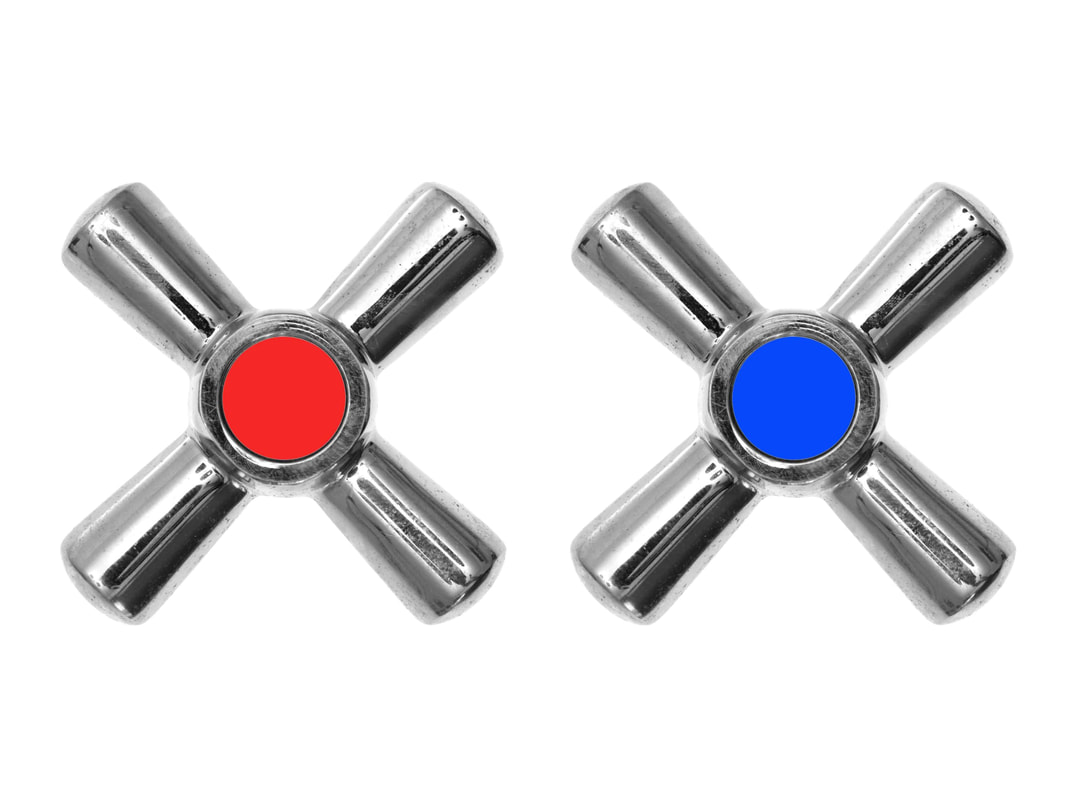Heat or Cold - Which Is Better for Back Pain? By Pierre Mouchette | Bits-n-Pieces Back pain is widespread. As many as 80% of people will experience it sometime in their lifetime. For many, it will be debilitating at first. But, most of the time, home remedies and over-the-counter (OTC) treatments can help ease the pain and get you back to your regular activities.
Home remedies can be as simple as heat or ice. But which one is more effective? And does it matter which kind of back pain you have? This article will help you decide which is best for you when to put the hot compress and ice aside and see your health care provider. When does ice help back pain? Ice can help with back pain in the first couple of days after a minor injury or strain. For example, it can help if you have soreness after a challenging workout or feel like you tweaked a particular spot or pulled a muscle. When you apply ice to an area of your body, nearby blood vessels constrict and decrease blood flow to that area. With less blood flowing to those areas, swelling and inflammation also decrease. But this also means that ice comes with some downsides:
Types of cold therapy Ice is not the only way to do cold therapy. There are several other ways to apply cold to an injured back:
When does heat help back pain? Heat can also provide back pain relief in the right circumstances. After the first few days of back pain, heat can help with ongoing pain and stiffness. Studies show heat can benefit muscle soreness 1 to 2 days after a vigorous workout. Heat helps with pain by increasing blood flow. When you apply heat to a muscle, it relaxes and dilates the blood vessels in that area. This increase in blood flow can help the body repair and heal the injured tissue. The warmth can also improve the elasticity of the site, which can help with flexibility and movement. Types of heat therapy There are several ways to apply heat to the back. These can include:
When to see a health care provider Back pain usually improves with gentle movement and OTC pain medications such as ibuprofen (Advil) or naproxen (Aleve). But there are a few symptoms you should not ignore because they may be a sign of something more serious than typical back pain. You should see your provider right away if you have the following:
0 Comments
Your comment will be posted after it is approved.
Leave a Reply. |
Archives
May 2024
|
